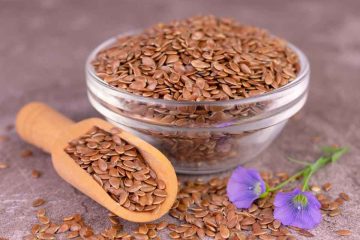One of the most common issues that people mention to their dentist when they go for a check-up is that they have bleeding gums. For some, the issue is one that occurs infrequently, but for others, the situation is more serious with their gums bleeding regularly.
In truth, almost everyone has experienced bleeding gums at some point, and in many instances there is no underlying problem with their dental health. Most likely the bleeding was caused by over-vigorous brushing or a sharp piece of food, such as crisps or crunchy toast, which caused a small cut.
If you have experienced bleeding gums on a more regular basis, and not as a result of a one-off problem, then it can be the sign of something more serious with regards to your oral health. In particular, it can be a signal that you have gum disease, and as such, you should speak to your dentist as soon as possible.
Hopefully, none of the above applies, and your gums seem perfectly healthy. In that case, you will want to do all you can to keep them that way, and in particular to avoid bleeding gums. If so, the 5 tips below will help you achieve that aim.
Eat And Live Healthily
Prevention is always better than the cure, and one of the best ways to prevent gum disease is to avoid foods and drinks which are more likely to cause it. Obviously, that refers to sugary foods and drinks which should be avoided as much as possible, as should smoking. Gums can be added to the list of parts of your body that smoking can do damage to, because it reduces the amount of oxygen in the bloodstream, which adversely impacts gums ability to heal if they are infected.
Visit Your Dentist For Regular Check-Ups
In any scenario, including our dental health, identifying an issue when it is minor, and thus preventing it from becoming more serious, is always preferable. That is why we strongly recommend making and keeping your appointments for regular check-ups at your dentist. Your dentist can spot problems in their early stages and can take the necessary steps to stop them from getting worse, and that includes bleeding gums.
Brush And Floss Every Day
We are sure you will not be surprised by us including one of the most basic elements of dental care which is to your brush and floss your teeth every day. Doing this before you go to bed is the absolute minimum, but if you really want to care for your teeth and gums properly you should do it at least one other time during the day, and better still, after each meal, if you can.
Use An Interdental Toothbrush And Floss
An interdental toothbrush is a toothbrush that is especially adept at allowing you to brush in areas which normal toothbrushes find almost impossible to reach. This means you are removing more plaque than you would normally and as such are greatly reducing the risk of gum disease and in turn the chances of your gums bleeding. Interdental floss is also advisable for maximum plaque removal.
Rinse Your Mouth Regularly With Fluoride Mouthwash
In addition to brushing and flossing, the use of a fluoride mouthwash also helps your dental health and thus reduces the risk of bleeding gums. Incidentally, you do not have to wait until you are brushing your teeth in order to rinse with fluoride mouthwash. You can do so any time of the day to keep your mouth healthy, and your breath fresh.


